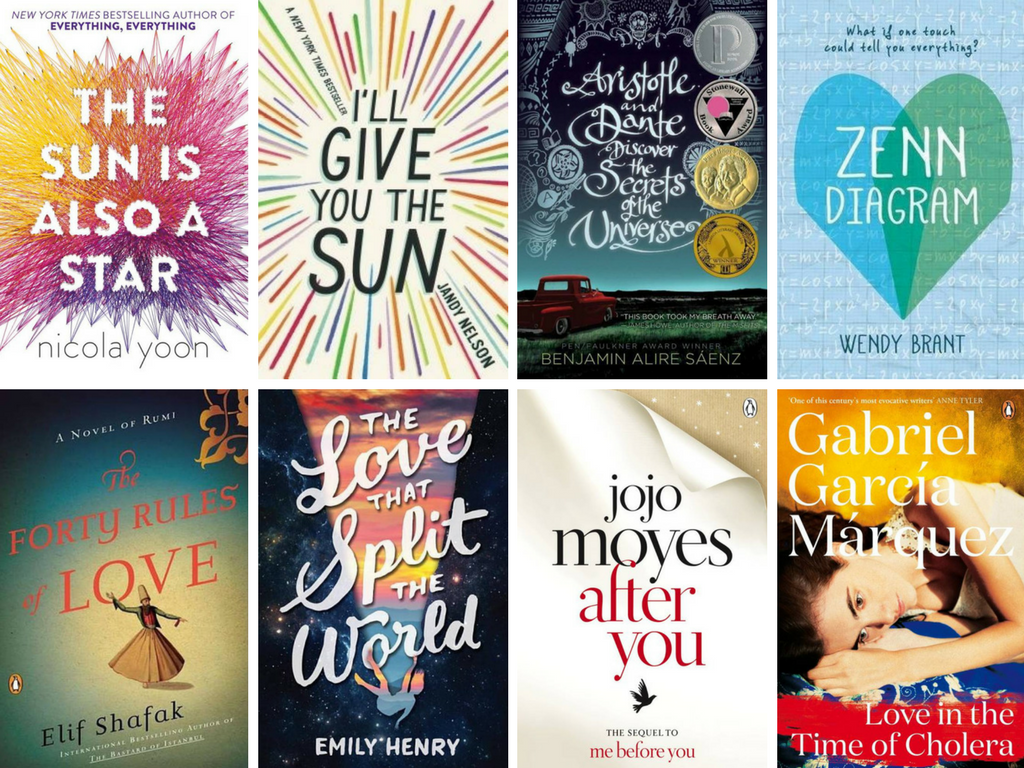- What first inspired you to write poetry? Do you remember the moment you fell in love with words?
I was in middle school when I started writing poetry. The first poem was a four-line haiku. I remember how amazing I felt. That moment inspired me to pen down more poems and fall deeper in love with the effect words can have.
2. Your poetry explores deep emotions and existential themes—how do you connect with these ideas?
I have always been the child who felt deeply about things. Whether it was the movies I watched, the friends I made, or the memories I became a part of. My life, as I experience it, filters in through my poetry. It is more about how I live these themes in my everyday life.
3. This collection blends reality and dreams—do you find writing poetry to be more of an escape or a reflection?
I think poetry for me is an escape first and a reflection after. It is an escape from the mundane in the sense that poetry coats everything in this layer of etherealism. The sunlight streaming in through the windows in the afternoon becomes translucent beams of gold. The curtains billowing in the wind become a dance of air. It is a reflection in the sense that it makes you wonder what you feel when you see the dance of air or these golden beams of slippery light.
4. Can you share a favourite poem from the book and the story behind it?
The first poem is ‘Wolf’. It was the second poem I ever wrote. Apart from the visual of a timeglass on the page, it is a beautiful representation of what people feel today. I feel like everyone can relate to that poem, and the ‘wolf’ can mean different things to different people.
5. What was the most challenging part of putting this collection together?
Every poem is a piece of my heart. It was challenging to accept that they would be published and made available to a wider audience. It was like watching your child take a first step away from you.

6. Your book speaks of longing, hope, and mysticism. What do these themes mean to you?
These themes are an integral part of my life so far. I’ve lived with these feelings of longing for something I don’t know, but hope that I will find whatever it is. Mysticism has been a part of my life since I was a child. I was always fascinated by meditation, the swirling dervishes, and the quiet corners of grand buildings or libraries, where silence rests with something else.
7. Poetry often evokes different emotions for different readers. Do you prefer leaving your work open to interpretation, or do you hope readers grasp specific meanings?
It depends on the work and the poem. Some poems are open to interpretation, and readers tend to add their own meaning to them, which makes it even more colourful. Some poems require readers to grasp specific meanings so that they can fully enjoy the pace, the word choices, and the hidden innuendos and meanings.
8. What do you hope readers take away from this collection?
Answers or at least a new way of thinking about things. I hope anyone who reads this collection finds a piece, a line, or even a word that soothes their soul and tells them that this world is more magic than pain.
9. How does your writing process differ when you’re deeply emotional versus when you’re simply observing the world around you?
My writing process is like my thought process – it is messy and unpredictable. I’ll be engaged in a task or lounging around when suddenly I will be hit with this idea or this feeling. I have to grab a pen and paper at this point, otherwise I will lose it forever. So I run and pen it all down, and there it is. A perfect masterpiece ready to be edited. It might seem haphazard, but actually, it is a result of the impressions that I have been picking up consciously or subconsciously, the experiences that I have been diving into. It all mixes into something within me and pours out on the page when it’s ready.
10. Are there any upcoming projects or new themes you’re excited to explore in your future writing?
Well, it’s a journey, and I tend to go where the wind takes me. I, myself, am excited about what I might do.
























